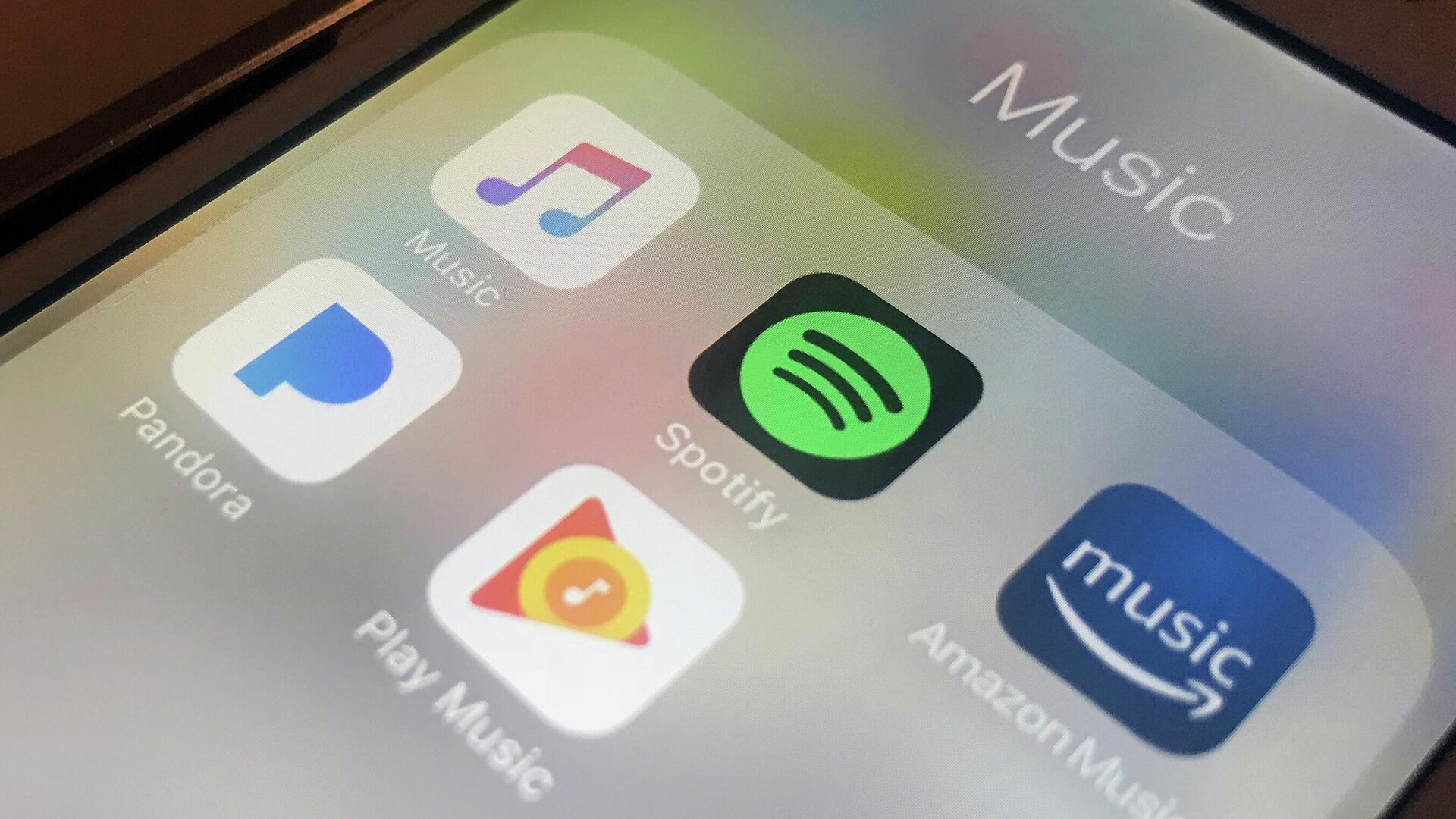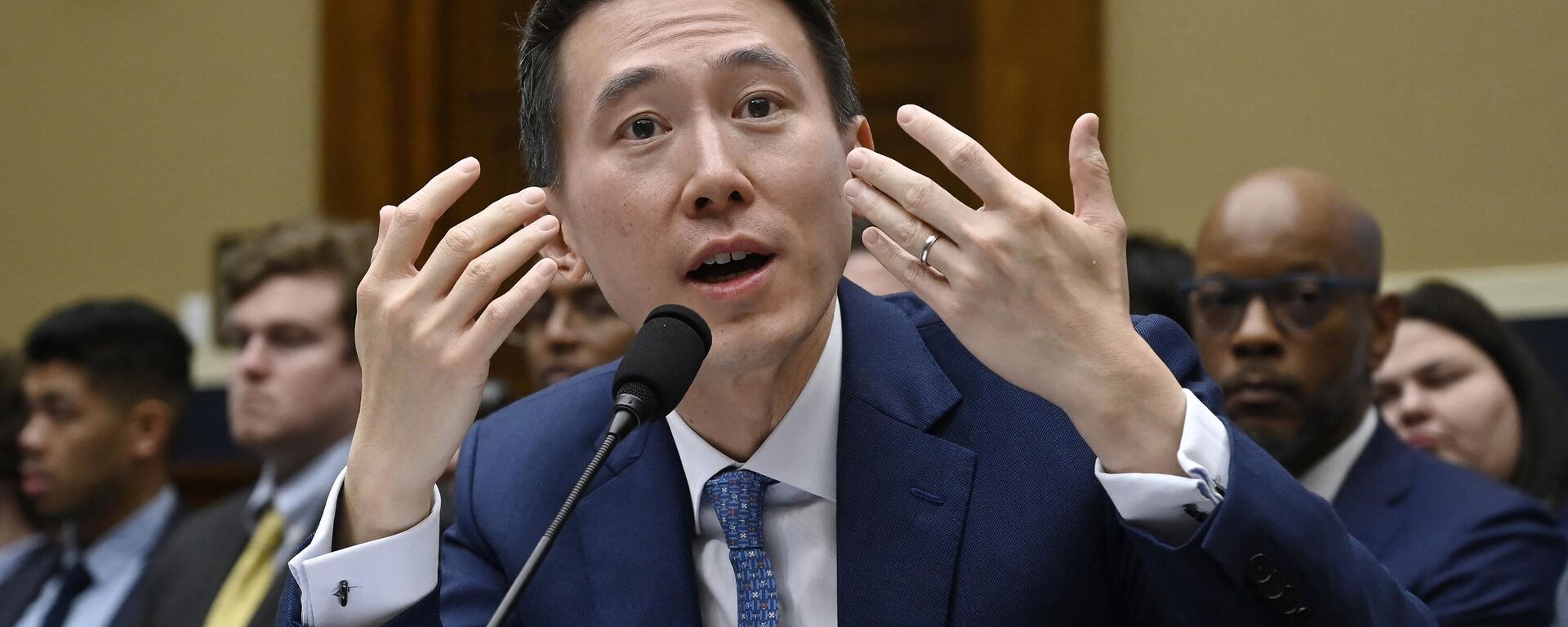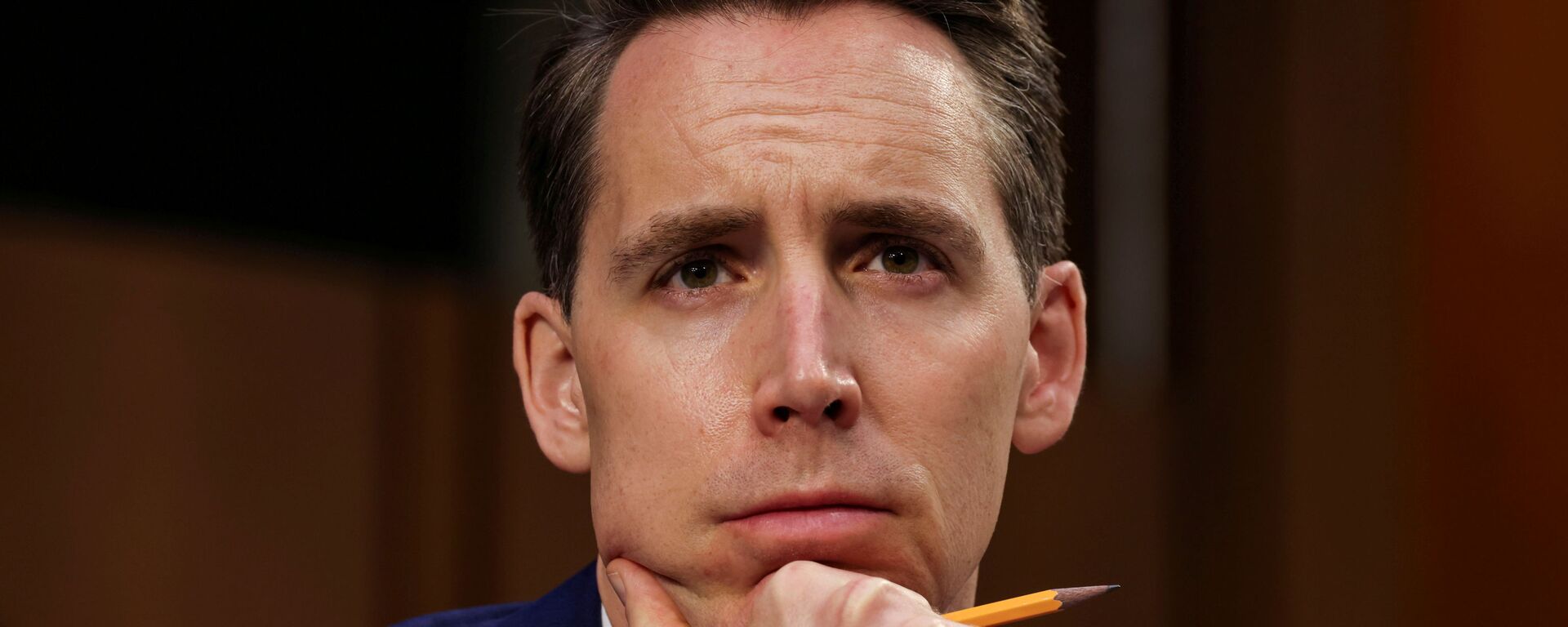Utah Bans Children From Using Social Media Without Parental Approval

© AP Photo / Jenny Kane
Subscribe
A pair of bills were signed into law by Utah Governor Spencer Cox on Thursday, which together require minors to seek parental approval before logging on to social media apps, especially at certain times of day.
The new laws require social media companies to add a number of features to their apps by March 1, 2024, including age verification for all users in order to open or maintain an account; permission from parents before a minor can open an account; giving parents the ability to access their children’s accounts, and including all posts and private messages.
It also requires apps to restrict minors’ use of social media between 10:30 pm and 6:30 am, unless a parent changes those settings, and it places restrictions on what kinds of personal information a social media platform can collect from minors.
“This is something that is killing our kids,” Cox told reporters. “It’s the addictive qualities of social media that are intentionally being placed by these companies to get our kids addicted, and they know it’s harming them.”
Local media noted the irony of the governor’s statement, with one paper calling him "one of the most prolific users of Twitter in Utah's political sphere."
A recent publication by the US Centers for Disease Control and Prevention (CDC), the country’s national public health agency, noted a pronounced trend of declining mental health of American youth, especially teenage girls. Other studies have shown a connection between declining mental health and social media use across all ages, but with a pronounced effect on youth - and there are myriad other stressors also affecting the mental health of young Americans.
However, some critics have said the law poses a major threat to data security, since it would require users to hand over IDs and home addresses.
"SB 152 would require companies to keep a 'record of any submissions provided under the requirements,' which means there would not only be databases of all social media users but also of users under 18, which could be hacked by criminals or foreign governments seeking information on Utah children and adults," Larry Magid, the CEO of nonprofit online safety group Connect Safely, wrote in a a February newspaper op-ed attacking the bill.
"And, in case you think that’s impossible, there was a breach in 2006 of a database of children that was mandated by the State of Utah to protect them from sites that displayed or promoted pornography, alcohol, tobacco and gambling. No one expects a data breach, but they happen on a regular basis," Magid added.
The Electronic Frontier Foundation (EFF), a nonprofit digital rights group, also demanded Cox veto the bill. In a statement earlier this month, the group said the limitations would infringe upon teenagers' rights to free speech and privacy, and they warned that the requirements would give social media platforms even more data on their users on top of the considerable amount they already collect.
"Utah’s bill is part of a wave of age verification laws that would make users less secure, and make internet access less private overall," the EFF said.
The new laws are the first of their kind in the United States, and come amid a renewed debate about whether or not to ban TikTok, a social media app owned by the Beijing-based company ByteDance.
At a congressional hearing on Wednesday, lawmakers grilled ByteDance officials about their company’s security practices, its alleged connections to the Communist Party of China, and the security of the TikTok app. US officials have alleged the app poses a security risk and that it surreptitiously spies on users on behalf of the Chinese government.
The issue was first raised in 2020, although the Trump administration backed off an attempted forced sale of TikTok’s US operations amid questions about the move’s legality.
The US has also banned Americans from interacting with numerous other Chinese tech firms, including phonemaker and 5G internet provider Huawei, phonemaker ZTE, and dronemaker DJI Innovations, all on similar accusations of posing a security risk due to Chinese government connections. All the companies, as well as the Chinese government, have denied such a risk exists.
Opponents have criticized the attacks on TikTok as part of a broader drive against Chinese companies and citizens in general, noting the claims of "security threats" dovetail with the Pentagon's strategy of "great power competition" with China and Russia.
US conservatives have also blamed social media sites, and TikTok especially, for being a source of information about LGBTQ identities and culture, which they have sought to ban via bills and policies allowing purges of library collections and restrictions on what teachers can tell their students.



